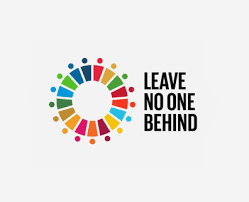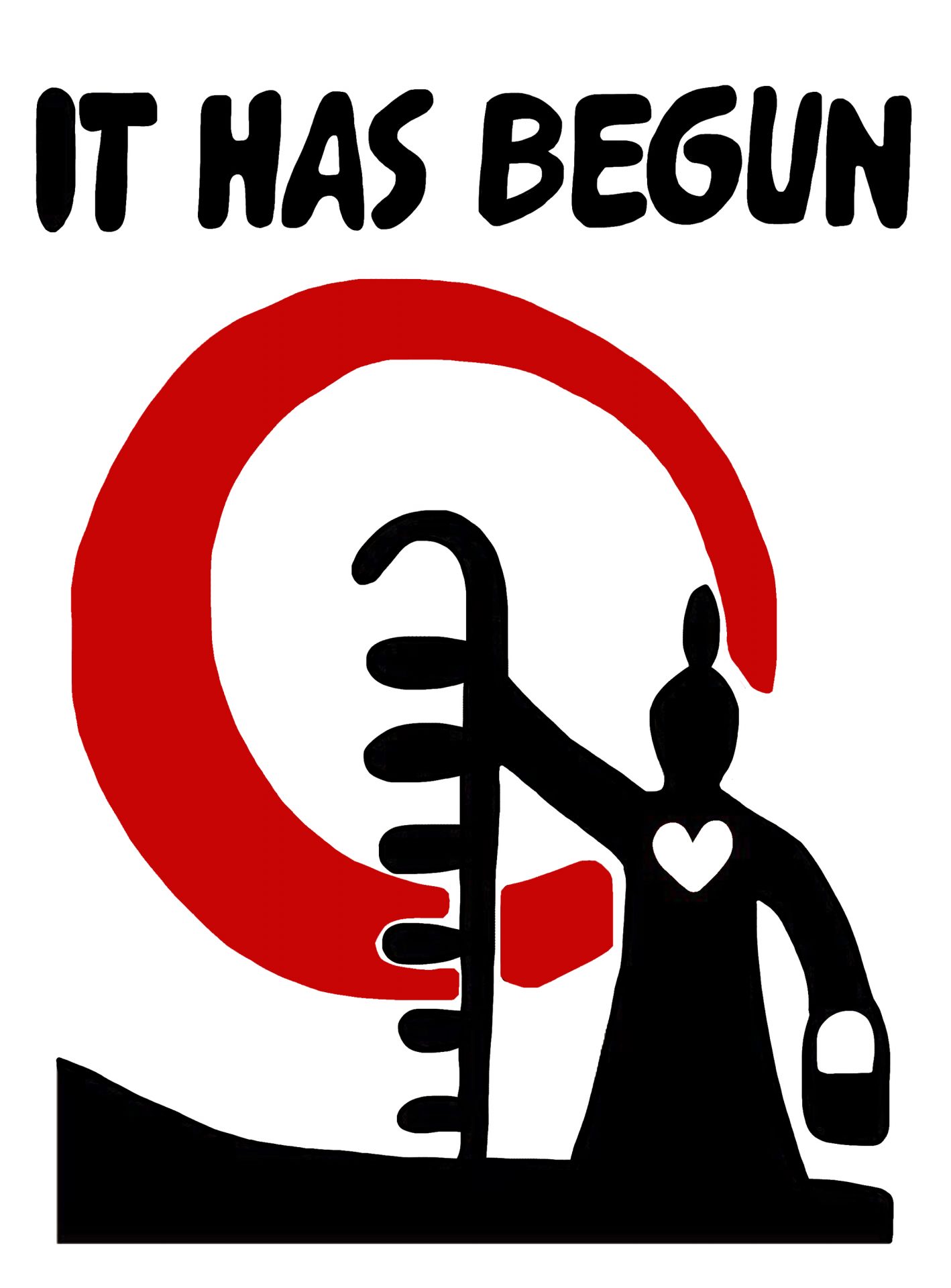
A CORPORATE CAPTURE ‘ A GLOBAL CONTRACT FOR THE FUTURE ‘UN AGENDA 2030’’
As other UN Nations agreed to UN Agenda 2030 (Non-binding Agreement), Ardern had to go one step further by entering UN Agenda 2030 into New Zealand Domestic Policy hence making Agenda 2030 Binding, not only did she do this but she urged other UN Nations to follow her lead, as she boasted about this when she was a guest speaker at a Global Shapers gathering hosted by Bill and Melinda Gates. To be UN Agenda 2030 was adopted 25th September 2015 includes 17 Global Development Goals (SDGs) and 169 Targets to transform economy and re-engineer human behaviour, social engineering. References:- Poverty, environment, housing, energy, health, infrastructure etc., UN Agenda 2030 is namely a ‘soft law’, does not require a referenda, or parliamentarians to give their approval only the leaders of the Regime-government of the country in question. Sustainability is a word used for multi-stakeholder corporate capture of the world’s economy, a global introduced locally acted out advertising campaign. The 1987 Report stated ‘development that meets the needs of the present without compromising the ability of future generations to meet their own needs’.
There are legal implications as to UN Agenda 2030, it was adopted by way of a UN General Assembly resolution 70/1 that reaffirms commitment for UN Agenda 2030 implementation “in a manner that is consistent with the rights and obligations of States under International Law (Para 18) despite the faxt that the content, text of UN Agenda 2030 is NOT legally binding. This employs Human Rights as a lens. Some of the intersections between UN Agenda 2030 and International Law may create legal obligations for UN Member Nation States
International Law and Sustainable Development: International Law is a legal system (NOT necessarily lawful). It governs relationships between countries, has extended its scope to include international organizations and individuals. There are four recognized sources of International Law (Art 8 Statute International Court Of Justice). They are International Conventions. International Custom. General Principles of Law. Judicial Decisions. International Law is based on the mutual consent of nations as in UN treaties and conventions, or way that is practiced and then eventually becomes custom. UN Member States are legally bound by the international instrument, through the Sovereign acts of signing and ratifying the instrument. UN Member States may be legally bound when a practice becomes a ‘custom’, which happens when two requirements are met. (1) There must be an established State practice that must be ‘general and consistent’. (2) The practice in question must be accompanied by a sense of ‘Legal Obligation’ and ‘Accepted as Law’, thus meaning that States carry out the practice because authorities believe it is a legal obligation to do so. (3) Several UN Agenda 2030 SDGs and Targets mirror ‘Legal Obligations’ that UN Member States have already assumed under ‘Treaty Law and ‘Custom’. The UN Agenda 2030 Indicators can be used to measure compliance with ‘International Law’ where intersections exist between targets and ‘International Legal Obligations.
Human Rights ‘Law within the Global Development Indicator Framework: Preamble. Para 3- Realizing the ‘Human Rights for ALL’ UN Agenda 2030 actually breaches the International Covenant on Economic, Social and Cultural Rights and the International Covenant on Civil and Political Rights which forms part of the International Bill Of Rights. NZ Bill Of Rights 1991 and NZ Human Rights Act 1993
Human Rights for ALL:Does not fit New Zealand Governments ‘Two Tier Marxist Ideology’. It is noted that NZ Government is actually a Corporation. The sovereign (people) of New Zealand cannot be ruled by a Corporation unless they make an agreement via a ‘Contract’ with that Corporation. ‘Hereby established a corporation, to be called the New Zealand Government Property Corporation’, cannot legally action legislations but as I have said before ‘what is namely legal is not necessarily lawful’
The United States Securities and Exchange Commission has the government of New Zealand registered as a corporation under the name of ‘Her Majesty The Queen Of England In Right Of New Zealand’. Note Prince Charles has not yet been crowned as King of England. It is her Majesty Queen Elizabeth’s role when a new prime minister is appointed to meet and appoint the new prime minister. But Queen Elizabeth is dead, then how can Chris Hipkin be Prime Minister? Then I question “is Chris Hipkin a fake Prime Minister” ?
UN Agenda 2020 ‘human rights for ALL’ (Preamble para 3) is unrealistic. UN/WEF/NGO’s and all their cohorts are seriously breaching, violating International and National Human Rights for example Freedom of Speech, Freedom Of Assembly, Freedom Of Religion. NZ Bill Of Rights 1990 ‘Everyone has the right to refuse to undergo any medical treatment that includes jabs. Individuals freedom to choose is taken away by being pressured, coerced, mandated or lose ones income, making people reliant of an authoritarian regime that is already seriously harming New Zealanders.
UN Agenda 2030 SDGs 1 & 2: Article 11 of the International Covenant on Economic, Social and Cultural Rights stipulates that everyone has the right to “an adequate standard of living… including adequate food” and “to be free from hunger”. United Nations Member States that are parties to the Covenant thus have a legal obligation to fulfil Goals 1 and 2. Far too many people in New Zealand have an inadequate standard of living. 67,000 people on the backlog of the hospital waiting list. Approx. 25,000 people waiting on the Social Housing list. RNZ reported 2nd August 2022 41,000 New Zealanders will bed down without adequate access to housing tonight. WSWS.Org report 9/9/2022 ‘New Zealand’s worsening homelessness crisis driven by property speculation, soaring rents and not enough public housing’. Salvation Army reported in a Winter Appeal 2022 they have provided more than 90,000 food parcels in NZ, as New Zealanders are struggling to put food on the table.
NOTE: UN Agenda 2030 and UN Member States Obligations to Comply: With Indicators 1.1.1.1.1 and 1.2.2 measure the prevalence of poverty that policy makers must verify compliance with the legal obligations, commitments of UN Agenda 2030. To demonstrate that the SDGs are not merely aspirational but are reinforced legally, a responsibility of UN Member States. This must be acted put universally. (Universally- by everyone in every case)
UN Agenda 2030 (para 5 of Resolution 70/1). Un Agenda 2030 is of an unprecedented scope and significance, is accepted by ALL countries, is applicable to ALL. Goals and Targets that involve the ENTIRE world, a ‘New Global Obligation’. (an obligation equates to an action that is morally bound). The obligations, commitments that the NZ Government (Corporation) has agreed to are anything but moral. Global Obligations: Have not yet received adequate legal recognition, regulation and realization.
The UN Agenda SDGs As Legal Stimulant: Legal does not necessarily mean ‘Lawful’. There is no clear correspondence between the SDGs and International Laws. International Law comprises of ‘hard law’. Binding treaties, agreements are ‘customary laws’, otherwise known as ‘soft law’. Soft Law for example relates to Non-binding but still significant legal guidelines, policy declaration, codes of conduct or UN General Assembly resolutions. Soft Law often precedes the codification of ‘international norms; and ‘practices’ into binding law, in two principal ways through ‘soft law’ instruments for example as in UN General Assembly Resolutions that may become binding, codification in a treat or transformation into ‘customary international law’. UN Member States may choose to codify the principles, declaration and policy prescriptions that have been introduced by the UN General Assembly in treaties, thus transforming them from voluntary influential instruments into legal obligations. UN Agenda 2030 does not explicitly create new legal obligations, but the intersections between international law and the SDGs stimulates greater compliance. A more plausible route to create legal obligations out of an aspirational plan in this case UN Agenda 2030, therefore UN Agenda 2030 is the formation of customary international law (Soft Law)
If a significant number of States pursue the SDGs, they may become legally binding as custom. There is no timeline for that transformation; it does not necessarily take long. It is simply a matter of enough States undertaking the practice with a discernible sense of obligation. However Jacinda Ardern decided to take the lead and urged others to also follow her, when she introduced UN Agenda 2030 into Domestic Policy. Ardern was a guest speaker at a gathering arranged by Bill & Melinda Gates for the ‘WEF Global Shapers’. Ardern boasted to the audience that NZ is the first nation in the world to enter UN Agenda 2030 into NZ domestic policy, hence making the non-binding UN Agenda 2030 binding (Legally not necessarily lawful)
If enough States abide by Goal 17 and authorities believe that they have a legal obligation to do so, related targets may become customary international law and have the same force of law as an investment treaty pursuing this very goal.
Rooting the UN Agenda 2030 SDGs in concrete as legal principles ultimately serves Global Corporate capture. However does seriously violate International and National Human Rights. UN Agenda 2030 is devoid of Common Laws as at the very heart of Common Law is ‘Firstly Do No Harm’. There is no doubt massive harm is in the process of being done to populations, economies across the world.
(Resource: International-human-rights-law-agenda-2030-english.pdf )
-
-
Friday - February 10, 2023 - ARDERN AND HER POLITICAL CRONIES
(42) - Global Governance
(23) - UN AGENDA 2030
(11)





Leave a Comment